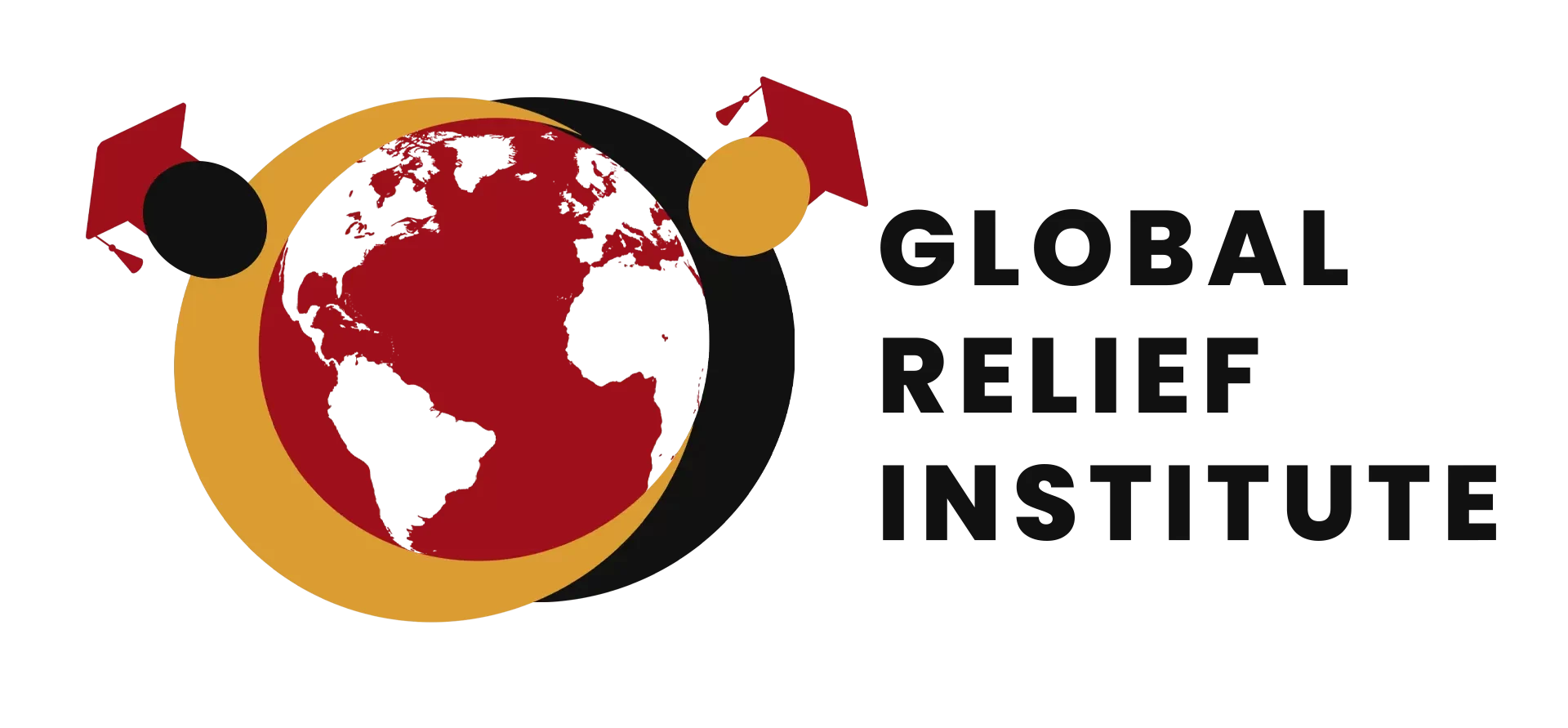Many postgraduate courses offer financial and management training for students who already have some accounting or finance experience. They are suited to students wishing to pursue careers as management accountants, management consultants, or those contemplating careers in areas such as investment banking and financial analysis. This programme is primarily aimed at developing financial and managerial skills, to equip students to meet the demand for specialists and leaders in the financial sector.
The programme examines financial concepts such as capital, cash budgets, analysis of financial statements, taxation, commercial law and provides a comprehensive overview of financial management. In this way, while primarily gaining specialized financial skills, students consider and evaluate different factors in making informed decisions for continued financial growth in an organization.
Course objectives
• Obtain and assimilate knowledge appropriate to the practice of financial management in any organization.
• Obtain professional and technical skills required in financial management.
• Evaluate financial and accounting concepts and principles and their application in solutions to practical finance problems.
• Prepare financial statements of entities, including groups of companies, using relevant financial information, accounting techniques and standards; and to analyze and interpret such financial statements.
• Use relevant financial techniques with cost information, for planning, decision-making, performance evaluation and control, within different business settings.
• Apply financial management techniques to issues affecting investment, financing, and dividend policy decisions of an organization.
• Understand the general legal framework, and apply specific legal principles relating to business, including taxation legislation as applicable to individuals, single companies and groups of companies.
• Explain the process of carrying out the assurance (audit) engagement and its application in the context of the professional (audit) regulatory framework.
• Describe the organizational context of the financial manager and of the development of financial systems; to understand the need for the efficient use of resources within an organization…
Course modules
Module 1. Financial Reporting and Control
Module 2. Quantitative Methods
Module 3. Managerial Economic
Module 4. Managerial Finance
Module 5. International Economy & Finance
Module 6. Capital Markets
Module 7. Financial Institutions
Module 8. Corporate Tax Planning
Module 9. Investment Planning & Management
Module 10. Risk Management
Module 11.Research Project (Practicum)
Minimum entry requirements
Common regulations governing Post-Graduate Diplomas shall be applicable.
The following shall be eligible for admission.
a) Holders of a Bachelor’s degree from a recognized University
b) Holders of an equivalent qualification from any other recognized Institution
Mode of delivery of the proposed programme
Students will access learning materials from our Online learning Platform
Practicum
a) The Entire course Duration is one Year (2 semesters)
b) Candidates shall be expected to Submit 10 Assignments (Continuous Assessment test) that Account to 70 % of their Work and a Project Paper at the Tail end of the course, which accounts to 30 % of the course Work.
Application Procedure
Applicants should fill out a detailed Application form and sent it back via email to the undersigned.
DURATION AND COURSE: 1 year
REGIONS TARGETED: Global
COURSE FEE: EUROS 1500
ORGANIZERS: Global Relief Institute
LANGUAGE: English only
Kindly confirm your participation with:
Online Training Coordinator
Global Relief Institute
